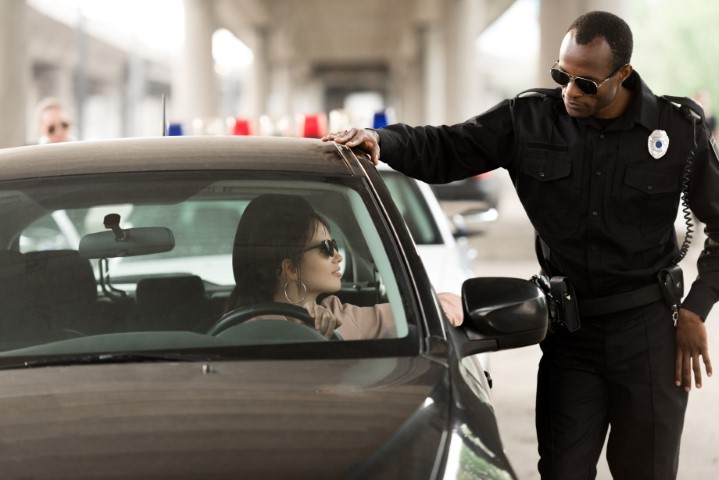Understanding Your Rights During a Vehicle Search
An illegal car search in Florida can lead to serious legal consequences—and if your rights were violated during a traffic stop, the evidence collected may be thrown out in court. Many drivers in Florida don’t realize that police can’t search your vehicle at will. Whether or not a search is legal depends on the specific circumstances, and understanding the law can help protect your rights if you’re ever in that situation. In this guide, we’ll break down when law enforcement can search your car, when they need a warrant, and what to do if you believe your rights were violated during a traffic stop.
Understanding Your Fourth Amendment Rights
The Fourth Amendment to the U.S. Constitution protects people from unreasonable searches and seizures. That means police must either have a warrant, your consent, or meet one of several legal exceptions in order to search your vehicle without violating your rights. However, because cars are mobile and pose a different legal standard than homes, courts allow more flexibility for officers to conduct vehicle searches in certain situations.

When Can Police Legally Search Your Vehicle Without a Warrant?
Here are the most common scenarios where a warrantless search of your vehicle may be considered legal in Florida:
You Give Consent
If an officer asks to search your vehicle and you say yes, you’ve given them legal permission. You have the right to say no. If you don’t consent, make that clear—politely but firmly.
The Officer Has Probable Cause
If law enforcement has probable cause to believe your vehicle contains evidence of a crime, they may search it without a warrant. For example: they smell marijuana or alcohol; they see drugs, weapons, or contraband in plain view; you appear visibly intoxicated or admit to having illegal items. Probable cause must be based on objective facts, not just suspicion or a hunch.
You’ve Been Arrested
If you are lawfully arrested, police may search your vehicle as part of that arrest—especially if they believe evidence related to the crime is inside. However, the search is generally limited to areas within your immediate control, unless they have other justification.
Inventory Search (Vehicle Impound)
If your vehicle is towed or impounded, officers may perform an inventory search to document the contents. This is meant to protect your property and prevent liability, but it can also uncover evidence.
Exigent Circumstances
If police believe that waiting for a warrant would result in evidence being destroyed, moved, or lost, they may conduct a search immediately under the exigent circumstances exception.
When a Car Search May Be Illegal
There are many situations where officers may overstep. For example: searching your vehicle without your consent and without probable cause; using a pretext (like a broken taillight) to justify an unrelated search; detaining you for an unreasonably long time to await a K-9 unit when no clear probable cause exists; or searching your trunk or glove box without legal grounds. If a search was unlawful, any evidence gathered may be inadmissible in court. This is why it’s critical to consult with an attorney if you believe your rights were violated.

What Should You Do During a Traffic Stop?
Remain calm and respectful. Provide your license, registration, and insurance. Do not consent to a search if you’re uncomfortable. Do not answer unnecessary questions beyond identifying yourself. If the officer insists on a search, do not resist physically—simply state that you do not consent. Take mental notes or record (if legal in your area) details of the encounter. Even if you feel your rights are being violated, arguing with the officer on the spot can make the situation worse. The right time to fight an illegal search is in court, with legal representation.
Protect Your Rights During a Car Search
Knowing your rights during a traffic stop can help you avoid unnecessary searches and protect you if law enforcement crosses the line. If you believe you were the victim of an illegal car search in Florida, it’s important to speak with an attorney as soon as possible. At The Law Office of Darrin E. Johnson, we defend individuals facing criminal charges stemming from unlawful vehicle searches. We can help you challenge the evidence, file a motion to suppress, and protect your constitutional rights. We also represent clients in DUI, drug possession, and all traffic-stop-related cases. Contact us today for a free consultation to review your case and take the first step toward building a strong defense.